
Kód: 04838993
Intestinal Immune System
Autor Soichiro Miura
In the intestine, a unique immunological system that is different from the systemic immune system exists to provide adaptive immunity in response to luminal bacteria and dietary antigens. There are many lymphoid cell aggregates ca ... celý popis
- Jazyk:
 Angličtina
Angličtina - Vazba: Brožovaná
- Počet stran: 122
Nakladatelství: Morgan & Claypool Publishers, 2011
- Více informací o knize

Mohlo by se vám také líbit
-

Oxford Reading Tree: Level 1+: Floppy's Phonics Non-Fiction: Pets
204 Kč -

Deal Decade
994 Kč -

Recurrent Crisis in Corporate Governance
1681 Kč -

Our Shared Opportunity
1874 Kč -

Narrating the Catastrophe
1948 Kč -

British Museum Pocket Timeline of Ancient Rome
529 Kč -

Strömungsmaschinen
1533 Kč
Dárkový poukaz: Radost zaručena
- Darujte poukaz v libovolné hodnotě a my se postaráme o zbytek.
- Poukaz se vztahuje na celou naši nabídku.
- Elektronický poukaz vytisknete z e-mailu a můžete ihned darovat.
- Platnost poukazu je 12 měsíců od data vystavení.
Více informací o knize Intestinal Immune System
Nákupem získáte 125 bodů
 Anotace knihy
Anotace knihy
In the intestine, a unique immunological system that is different from the systemic immune system exists to provide adaptive immunity in response to luminal bacteria and dietary antigens. There are many lymphoid cell aggregates called gut-associated lymphoid tissue (GALT) including Peyer's patches (PPs), which function as important induction sites for the mucosal immune response. M-cells are present in the epithelium of PPs, having a specialized structure for uptake of macromolecules such as bacteria. In addition to GALT, there are abundant lymphoid cells in the intestinal lamina propria, where they mainly play a role as immune effector cells. A strong innate immune system that mainly consists of dendritic cells, macrophages, and żdT lymphocytes also exists in the intestinal mucosa to assist the barrier function of intestinal epithelial cells. The intestinal mucosa thus shows a unique morphological structure with many immune cells being present under physiological conditions. This condition is known as "controlled inflammation." These abundant immune cells also have characteristic functions: they are "negatively regulated" and have been educated not to overreact unnecessarily to the intestinal luminal milieu. Main players that control inflammation of the intestinal mucosa include regulatory cytokines and regulatory T cells which induce oral tolerance to intestinal bacteria and food antigens, and the secretory IgA system. The maintenance of unique immunological activity in the intestine is also related to an organized, orchestrated lymphocyte migratory mechanism called the "common mucosal immune system." These negative regulatory mechanisms of the intestinal immune system are disturbed in certain disease conditions, causing the immunocompetent cells to respond to food components and commensal bacteria by becoming activated and to overproduce inflammatory cytokines and chemokines. These disease conditions include food allergies, such as celiac disease, and the inflammatory bowel diseases, such as ulcerative colitis and Crohn's disease, although their exact etiological mechanisms remain to be revealed. Table of Contents: Introduction / GALT: Its Structure and Formation / Intestinal Epithelial Cells and Their Immune Function / Innate Immunity in the Intestinal Mucosa / Intraepithelial Lymphocytes (IELs) / Lymphoid Cell Trafficking in Intestinal Immunology / Site of Induction of Mucosal Immunity and Antigen Presentation by Dendritic Cells / Production of Secretory IgA (SIgA) / Effector Site of Acquired Immunity and T Helper Cell Subpopulation / Immune Regulatory System and Oral Tolerance / Food Allergy and Celiac Disease / Inflammatory Bowel Diseases / Enteric Infection with Pathogenic Microbes and Mucosal Immunity / References
 Parametry knihy
Parametry knihy
Zařazení knihy Knihy v angličtině Mathematics & science Biology, life sciences Developmental biology
1250 Kč
- Plný název: Intestinal Immune System
- Autor: Soichiro Miura
- Jazyk:
 Angličtina
Angličtina - Vazba: Brožovaná
- Počet stran: 122
- EAN: 9781615041442
- ISBN: 1615041443
- ID: 04838993
- Nakladatelství: Morgan & Claypool Publishers
- Hmotnost: 236 g
- Rozměry: 235 × 192 × 8 mm
- Datum vydání: 25. August 2011
Oblíbené z jiného soudku
-

Developmental Biology
6637 Kč -

Principles of Development
1915 Kč -

Developmental Biology
1703 Kč -

World Beyond Physics
723 Kč -

Development of Animal Form
1404 Kč -
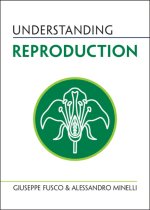
Understanding Reproduction
478 Kč -

Stem Cell Production
5391 Kč -

Stem Cells in Veterinary Science
5985 Kč -

Protocols for Micropropagation of Selected Economically-Important Horticultural Plants
6578 Kč -

Manipulating the Mouse Embryo: A Laboratory Manual, Fourth Edition
5429 Kč -

Adult Stem Cells
4486 Kč -
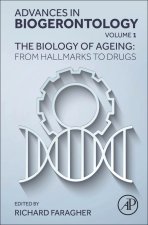
The Biology of Ageing: From Hallmarks to Drugs
4616 Kč -

Developmental Biology: A Very Short Introduction
324 Kč -

Stem Cells
5391 Kč -
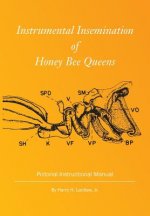
Instrumental Insemination of Honey Bee Queens
759 Kč -

Evo-Devo: Non-model Species in Cell and Developmental Biology
5985 Kč -
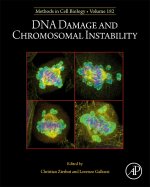
DNA Damage and Chromosomal Instability
5576 Kč -
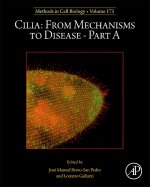
Cilia: From Mechanisms to Disease Part A
5756 Kč -
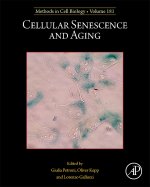
Cellular Senescence and Aging
5400 Kč -
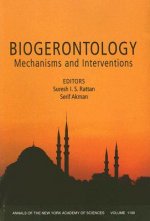
Biogerontology - Mechanisms and Interventions
5340 Kč -

Introduction to Animal Behavior: An Integrative Approach
704 Kč -

Handbook of the Biology of Aging
3241 Kč -
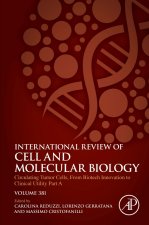
Circulating Tumor Cells, From Biotech Innovation to Clinical Utility
6190 Kč -

HOX Genes
4678 Kč -
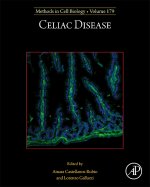
Celiac Disease
4546 Kč -
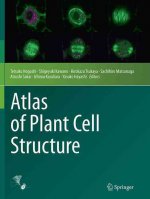
Atlas of Plant Cell Structure
6569 Kč -
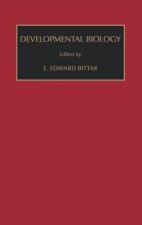
Developmental Biology
5429 Kč -

Photographic and Descriptive Musculoskeletal Atlas of Gorilla
3059 Kč -
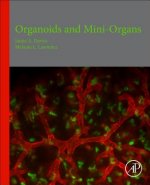
Organoids and Mini-Organs
3241 Kč -
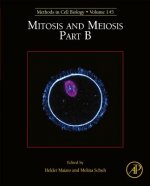
Mitosis and Meiosis Part B
5756 Kč -
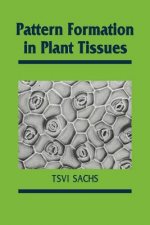
Pattern Formation in Plant Tissues
1867 Kč -

Zebrafish: Cellular and Developmental Biology, Part A Cellular Biology
5625 Kč -

Germ Cells
4283 Kč -

Handbook of Stem Cell Applications
25647 Kč -

Aging of the Organs and Systems
5094 Kč -

Patterns in Plant Development
5309 Kč -

Volume Electron Microscopy
5400 Kč -

Cell Cycle Control
6100 Kč -
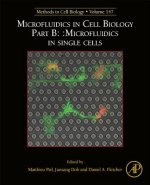
Microfluidics in Cell Biology Part B: Microfluidics in Single Cells
5400 Kč -

Reproduction and Cloning
1475 Kč -

Transdifferentiation
2756 Kč -

Embryo Development
3786 Kč -

Muscles of Chordates
7095 Kč -
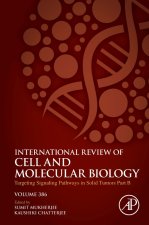
Targeting Signaling Pathways in Solid Tumors Part B
6617 Kč -
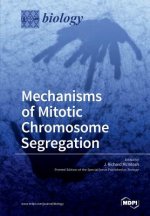
Mechanisms of Mitotic Chromosome Segregation
1961 Kč -
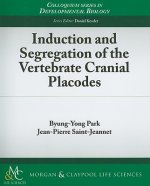
Induction and Segregation of the Vertebrate Cranial Placodes
1100 Kč -

Reformers, Sport, Modernizers
7585 Kč -
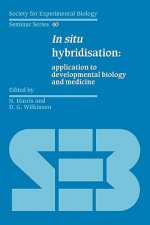
In Situ Hybridisation
1517 Kč -

Zebrafish: Cellular and Developmental Biology, Part B Developmental Biology
5625 Kč
Osobní odběr Praha, Brno a 12903 dalších
Copyright ©2008-24 nejlevnejsi-knihy.cz Všechna práva vyhrazenaSoukromíCookies



 Vrácení do měsíce
Vrácení do měsíce 571 999 099 (8-15.30h)
571 999 099 (8-15.30h)